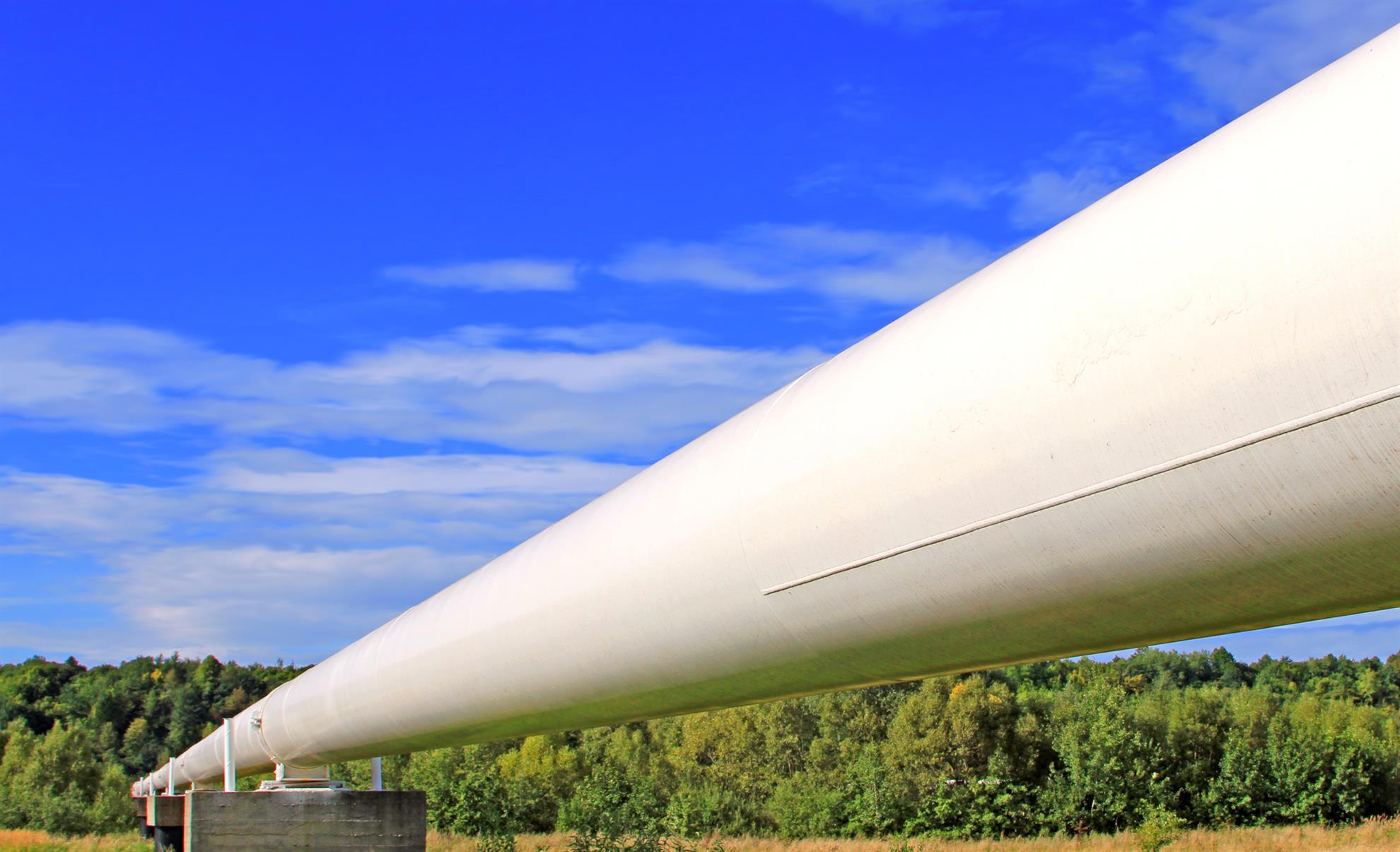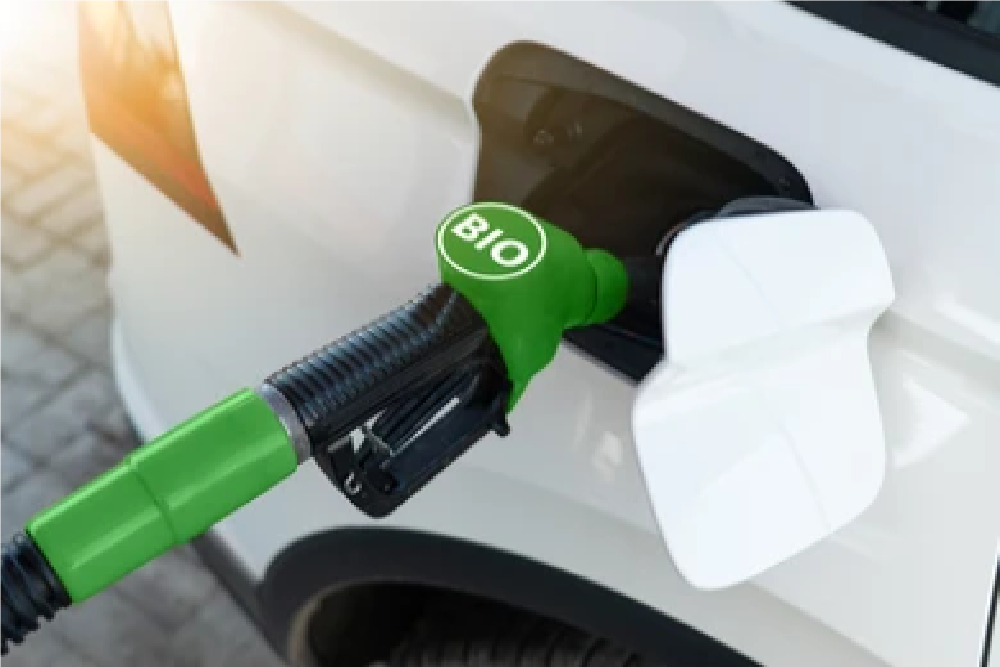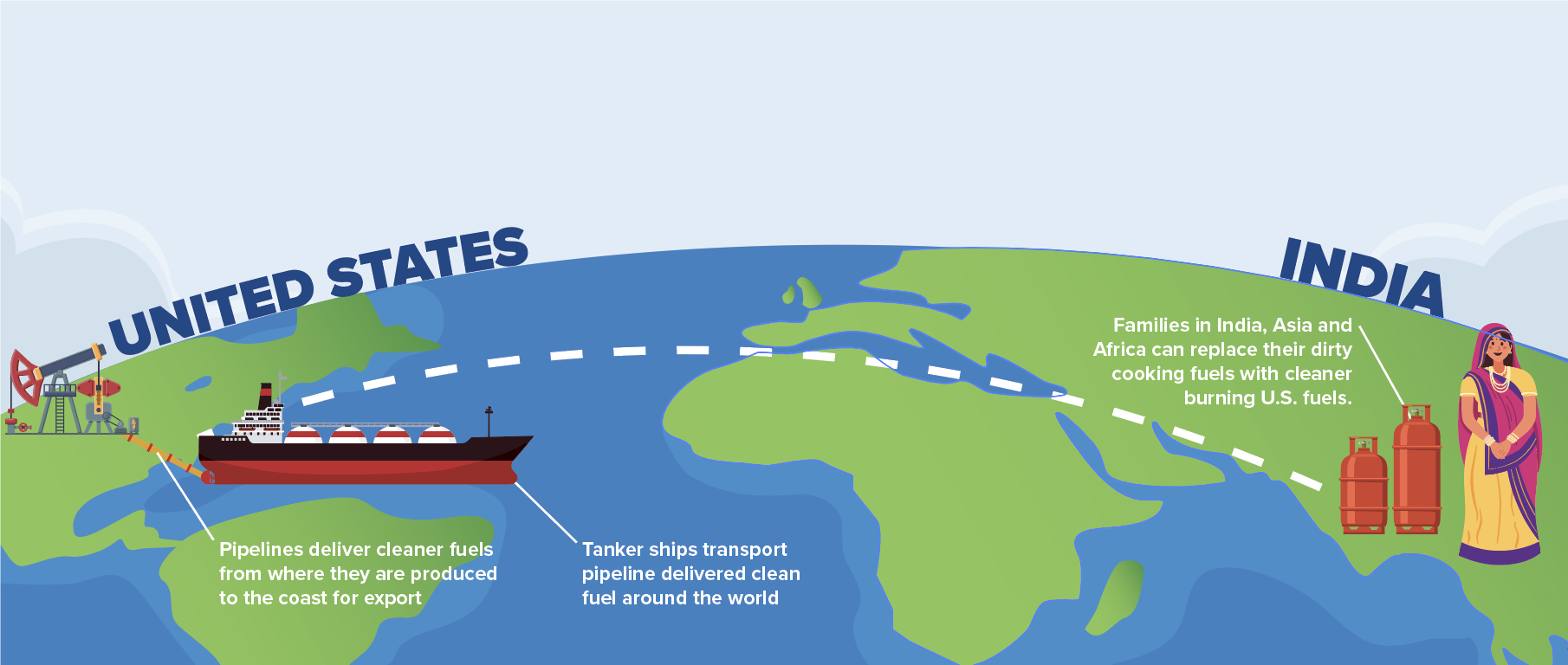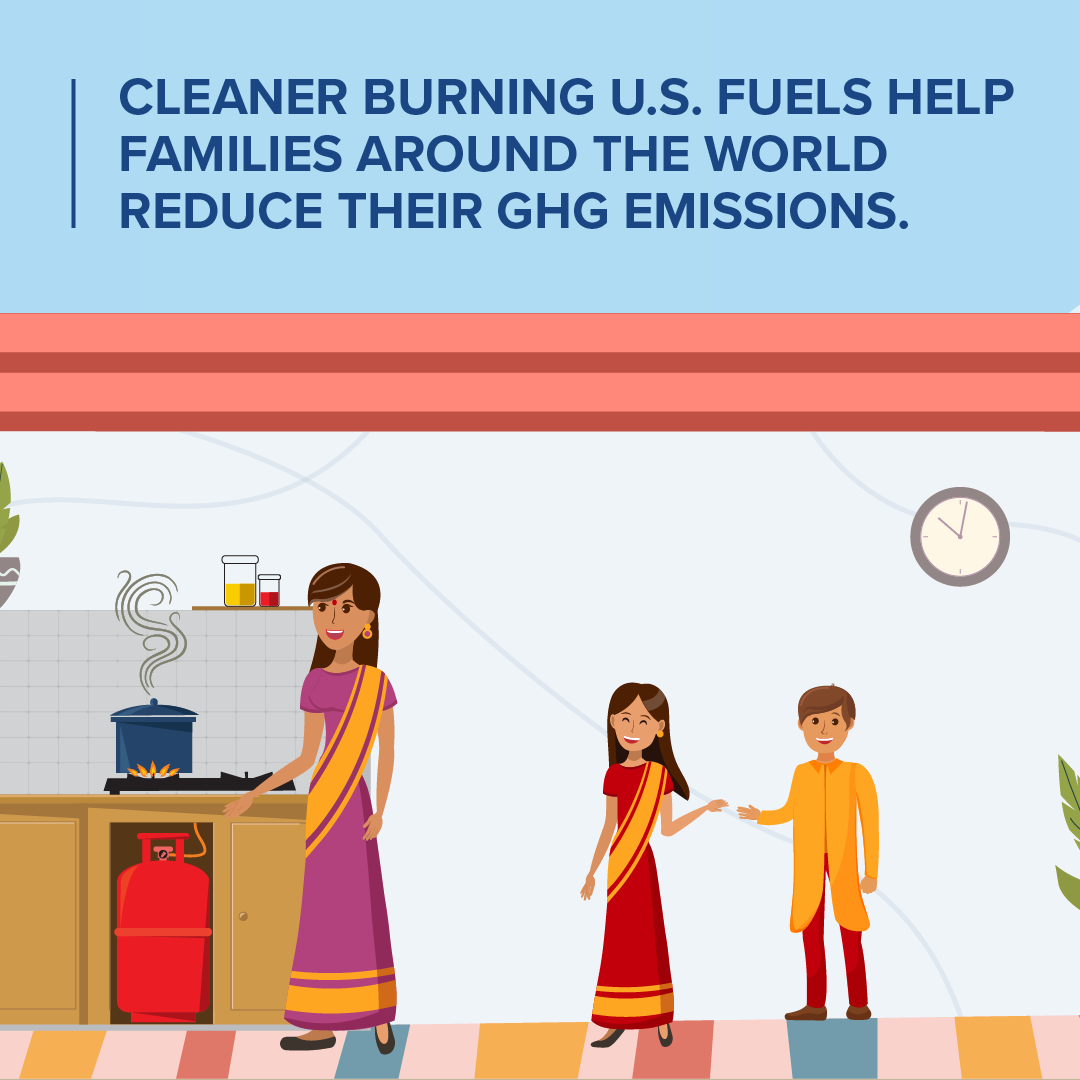Lower Carbon Future
CO2 Pipelines
CO2 pipelines are vital for addressing climate change. Experts agree in order to meet climate temperature goals we must capture CO2 emissions from manufacturing, industrial, and power generation sources and store it safely away, preventing it from entering the atmosphere. Pipelines are how we will transport carbon emissions from they are captured to locations where we can store them.


Lower Carbon Transportation Fuels
Pipelines operators are supporting the use of low carbon motor fuels such as biodiesel blended with traditional diesel, and renewable diesel as its own fuel. Pipelines can transport both renewable diesel and sustainable aviation fuels, lowering the GHG emissions of trucks and planes.
Lower Carbon Cooking and Heating Fuels
Pipelines deliver lower carbon propane across rural America for heating homes, drying crops and heating livestock barns. Liquid petroleum gas, a mixture of propane and butane, is delivered to the coast by pipeline where it is exported to Asia and Africa as a lower carbon and lower air pollution alternative to burning wood, coal or biomass.


Lower Carbon Cooking and Heating Fuels
Pipelines deliver lower carbon propane across rural America for heating homes, drying crops and heating livestock barns. Liquid petroleum gas, a mixture of propane and butane, is delivered to the coast by pipeline where it is exported to Asia and Africa as a lower carbon and lower air pollution alternative to burning wood, coal or biomass.
Reducing Pipeline GHG Emissions
Pipeline operators are lowering greenhouse gas emissions while providing affordable and reliable energy. Operators are reducing direct emissions through more efficient buildings and fleets, reducing indirect emissions with more efficient operations and renewable power, and reducing third-party emissions by delivering lower carbon fuels.